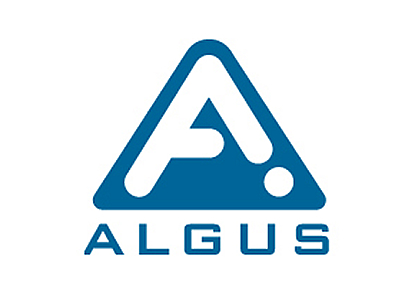Innovative Packaging Systems Driving Sustainability in the Global Market
In the ever-evolving landscape of global commerce, the demand for sustainable practices has reached unprecedented levels. As environmental concerns become increasingly urgent, businesses are challenged to innovate not only in their products but also in their packaging systems. These systems play a crucial role in reducing carbon footprints, minimizing waste, and enhancing the recyclability of materials. Innovative packaging solutions are emerging as key drivers in the quest for sustainability, offering businesses the opportunity to align their operations with eco-friendly principles while satisfying consumer preferences for sustainable goods.
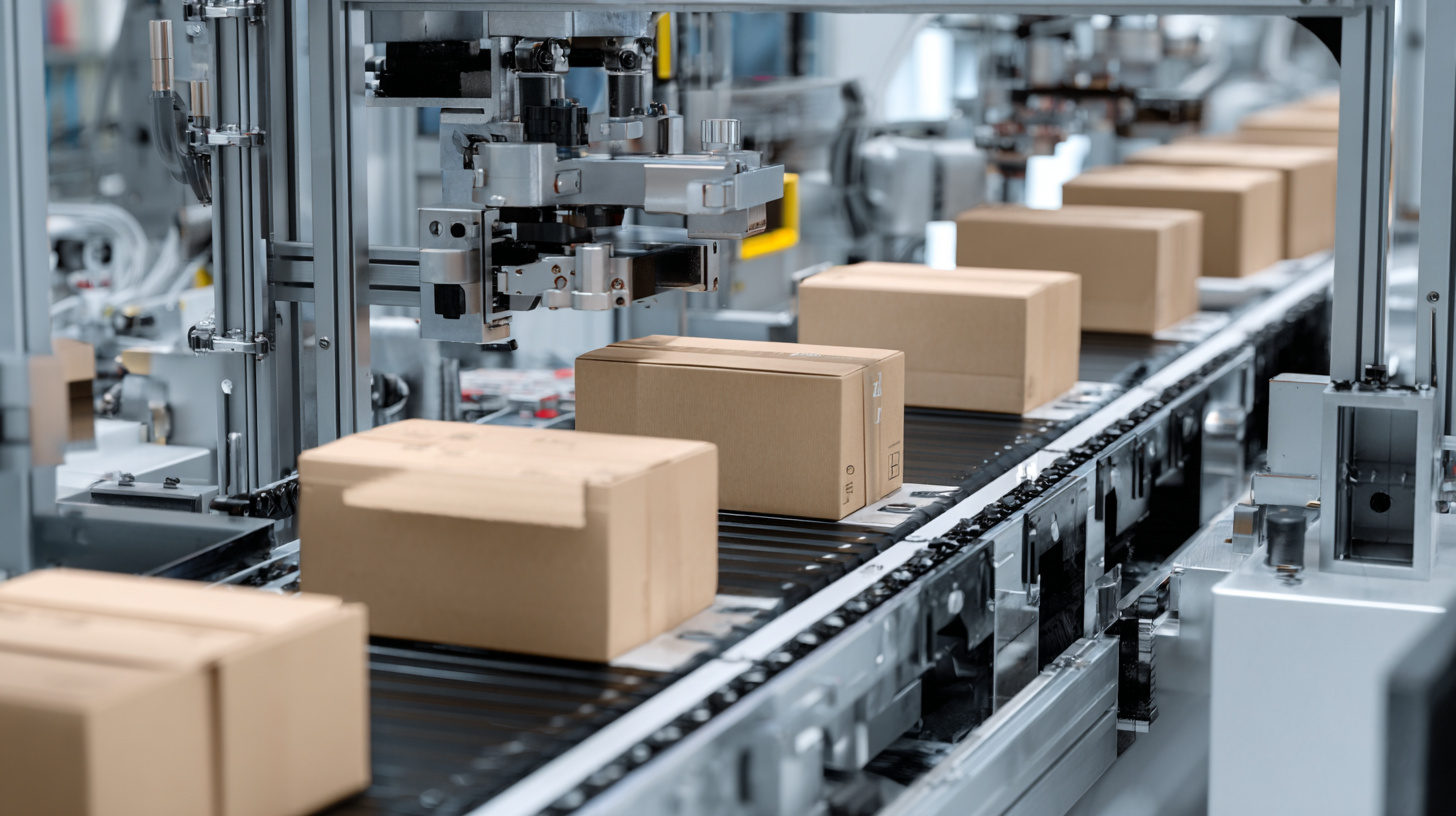
The integration of advanced technologies and materials into packaging systems has paved the way for groundbreaking developments that prioritize the environment without compromising quality or functionality. Companies around the world are exploring biodegradable materials, reusable packaging designs, and smart technologies that enhance supply chain efficiency. As these innovations gain traction, they not only meet regulatory demands but also reflect a commitment to corporate social responsibility. Brands that prioritize sustainability in their packaging systems are gaining a competitive edge, as consumers increasingly favor products that contribute to a healthier planet.
In summary, the push for sustainability in the global market is reshaping packaging systems, driving innovative solutions that align environmental stewardship with business success. As stakeholders—ranging from manufacturers to consumers—recognize the importance of sustainable practices, the future of packaging systems looks promising, transforming challenges into opportunities for growth and responsible consumption.
Innovative Materials Revolutionizing Packaging Sustainability
The packaging industry is undergoing a transformative change as innovative materials are being developed to enhance sustainability. Traditional packaging solutions often contribute to considerable waste, but the emergence of biodegradable and compostable materials is paving the way for more environmentally friendly practices. For instance, materials derived from plant-based resources, such as cornstarch and bamboo fibers, are now being utilized in packaging solutions that break down more readily in the environment compared to conventional plastic. This shift not only reduces landfill waste but also minimizes the carbon footprint associated with packaging production.
**Tips:** When considering sustainable packaging options for your products, research the lifecycle of materials. Look for certifications that indicate biodegradability or recyclability. Additionally, consider the source of the materials – opting for locally sourced products can drastically cut down on transportation emissions.
As consumer awareness of sustainability grows, businesses are encouraged to adopt innovative packaging that aligns with eco-friendly values. Utilizing recycled materials, integrating minimalistic designs, and exploring new technologies like edible packaging can significantly enhance brand reputation while appealing to a conscientious audience. Companies that prioritize sustainability in their packaging can not only meet regulatory demands but also foster loyalty among consumers increasingly driven by ethical considerations.
**Tips:** Engage customers by sharing your sustainability journey through storytelling in your marketing. Transparency about your materials and processes can strengthen consumer trust and engagement.
The Role of Technology in Eco-Friendly Packaging Solutions
The evolution of eco-friendly packaging solutions is significantly influenced by advancements in technology, driving sustainability in the global market. For example, the mycelium-based packaging market is projected to grow rapidly, with a compound annual growth rate (CAGR) of over 9.4% from 2025 to 2034. This surge is mainly fueled by increasing demand for sustainable and biodegradable packaging options. As businesses seek alternatives to traditional plastic materials, innovative technologies in the production of mycelium packaging are emerging as viable solutions that align with environmental goals.
Similarly, the market for water-soluble packaging is expected to see considerable growth, moving from an estimated value of $3.78 billion in 2024 to $5.65 billion by 2032. This growth trend highlights a broader shift towards sustainability, driven by consumer preferences for materials that exhibit lower environmental impact. Moreover, the market for eco-friendly straws is anticipated to increase from $3.98 billion in 2023 to $7.5 billion by 2032, demonstrating how technological advancements are paving the way for sustainable practices across various packaging sectors. With strict environmental regulations and a heightened awareness of ecological issues, the role of technology in creating innovative packaging systems is critical for achieving sustainability in today's global market.
Consumer Demand for Sustainable Packaging Practices
In recent years, consumer demand for sustainable packaging has surged, driven by a heightened awareness of environmental issues. According to a report by Grand View Research, the global sustainable packaging market is expected to reach USD 500 billion by 2027, growing at a CAGR of 5.7%. This growth reflects an increasing consumer preference for products that are not only functional but also eco-friendly. Packaging solutions that utilize recycled materials, biodegradable options, and minimalistic designs are witnessing a significant uptick in popularity, as consumers become more conscientious about their purchases and their environmental impact.
Moreover, a survey conducted by Nielsen found that 66% of global consumers are willing to pay more for sustainable brands, indicating that ethical considerations are core to buying decisions. The food and beverage industry, in particular, is responding to this shift, with companies adopting innovative packaging systems that emphasize sustainability while still meeting consumer expectations for quality and appeal. As brands strive to align with consumer values, the pressure mounts for manufacturers to innovate their packaging approaches, ensuring they not only reduce their carbon footprint but also resonate with the growing demographic that prioritizes sustainability in their purchasing habits.
Case Studies: Successful Brands Adopting Green Packaging
Innovative packaging systems are playing a pivotal role in promoting sustainability across the global market. Major brands are increasingly embracing green packaging solutions, driven not only by regulatory demands but also by consumer preferences. For instance, a report from the Ellen MacArthur Foundation indicates that transitioning to sustainable packaging could reduce plastic waste by up to 80% in the coming decades. Companies like Unilever and Coca-Cola have pioneered case studies in green packaging innovations, showcasing successful initiatives that lower environmental footprints while maintaining product integrity.
In one notable example, Unilever has committed to making all of its plastic packaging recyclable, reusable, or compostable by 2025. Their new plant-based packaging materials have shown significant promise, resulting in a 15% reduction in carbon emissions. Meanwhile, Coca-Cola has introduced its "World Without Waste" program, aiming for 100% recyclable packaging by 2025, which potentially diverts millions of tons of waste from landfills.
Tips for Brands Considering Green Packaging:
- Evaluate your current packaging materials and explore alternatives that are biodegradable or made from recycled sources.
- Engage consumers by informing them about your sustainability efforts through marketing campaigns, which can enhance brand loyalty and drive sales.
- Collaborate with packaging suppliers to stay abreast of innovations and best practices in sustainable packaging solutions to ensure ongoing improvements.
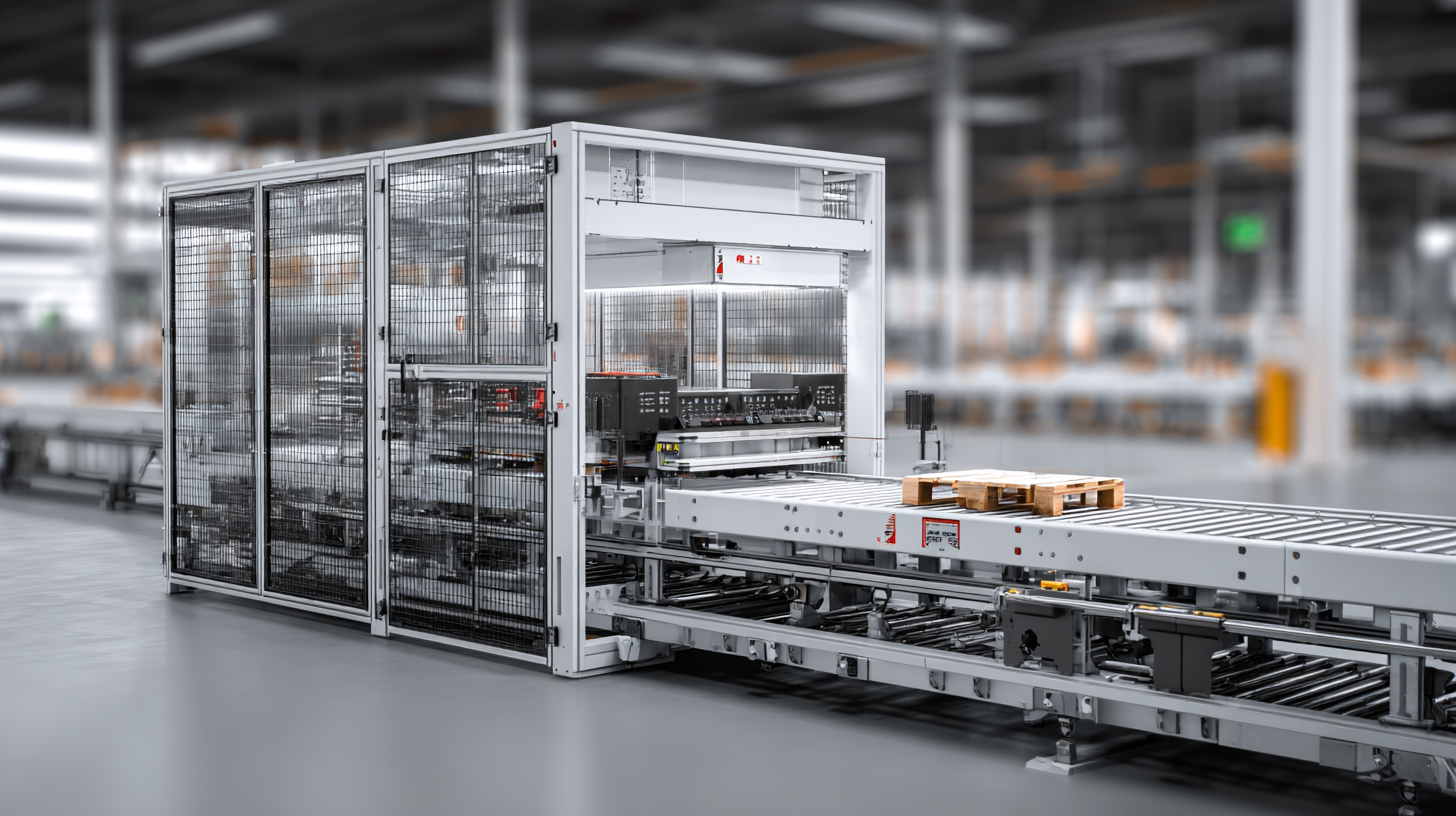
Future Trends in Sustainable Packaging Innovations
The global fast-moving consumer goods (FMCG) packaging market is projected to grow from $823.83 billion in 2024 to $1.3408 trillion by 2032, reflecting a compound annual growth rate of 6.28%. Within this market, consumer perception of sustainable packaging is evolving. Recent studies indicate that while food safety and shelf life remain the top factors influencing purchasing decisions, the significance of environmental impact has notably declined. This shift suggests a complex relationship between consumer priorities and sustainable packaging initiatives.
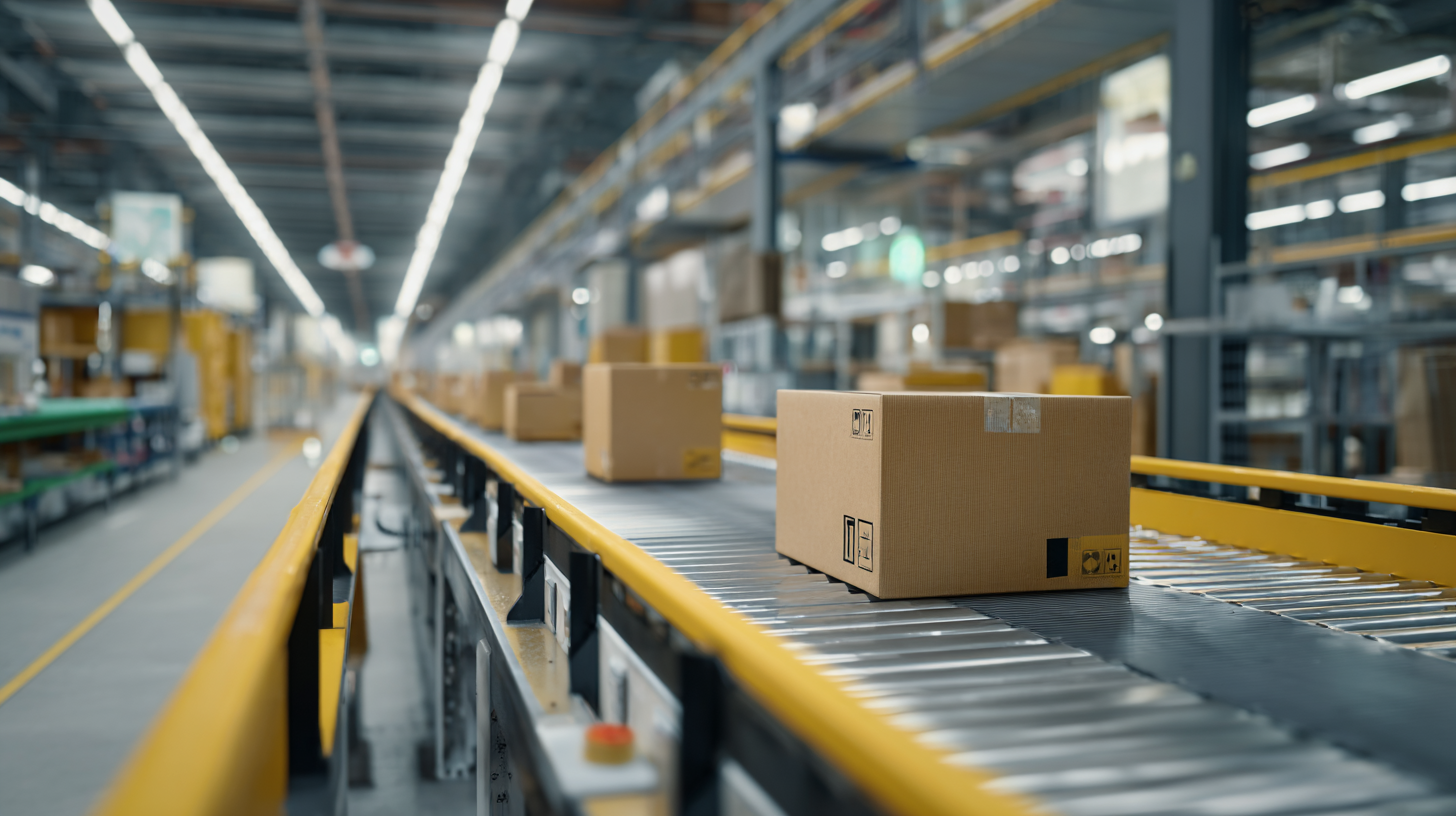
In the beauty industry, the trend of "packaging upgrades" has gained momentum as brands pivot towards eco-friendly aesthetics, positioning sustainability as a new business opportunity. Over 70% of cosmetics brands are now adopting environmentally friendly solutions to align with consumer preferences. This indicates a robust demand for sustainable packaging, driving brands to innovate and enhance their environmental strategies.
Tips: To stay ahead in the sustainable packaging landscape, brands should focus on utilizing recyclable materials and optimizing their packaging to reduce waste. Moreover, actively communicating sustainability efforts can enhance brand loyalty among environmentally conscious consumers. Embracing these practices will not only meet market demands but also contribute positively to the planet.
Related Posts
-
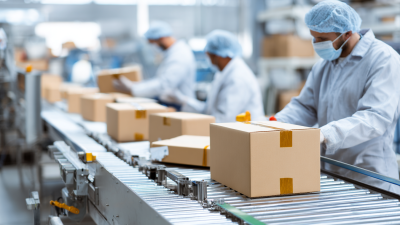
5 Best Packaging Systems for Streamlining Your Business Operations
-

How to Choose the Right Packaging Systems for Your Business Needs
-
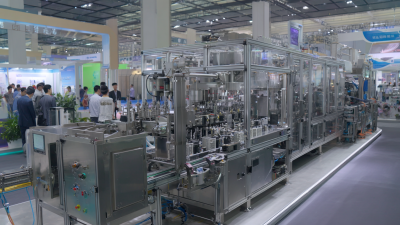
Exploring the Future of Packaging Systems at China Import and Export Fair 2025: Insights and Innovations
-
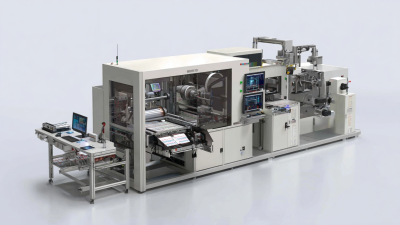
How to Choose the Best Tray Packaging Machine for Your Business Needs
-

Revolutionizing Efficiency: How Thermoforming Blister Packaging Machines Boost Production by 30%
-
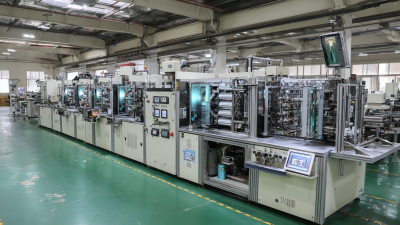
Maximizing Efficiency: How Blister Heat Sealing Machines Revolutionize Packaging Industries
